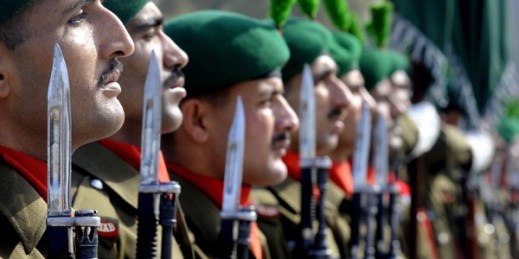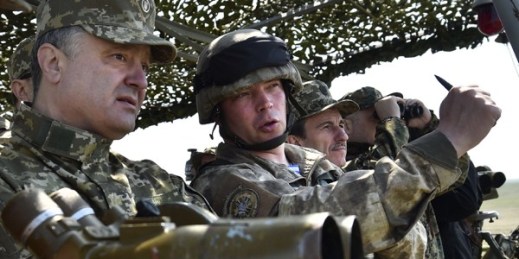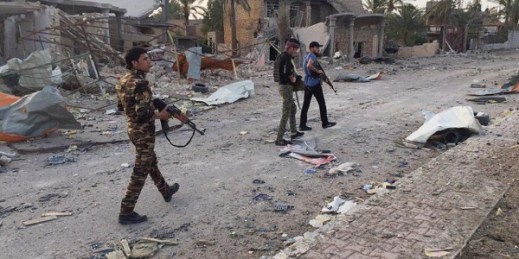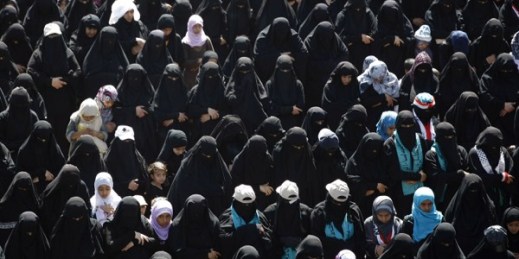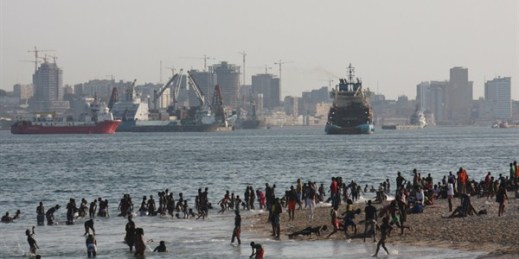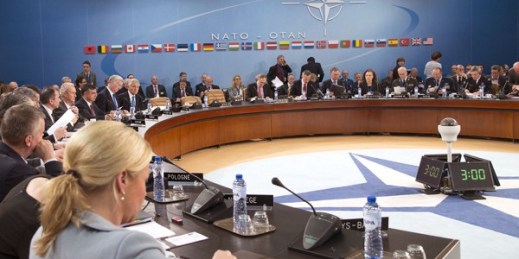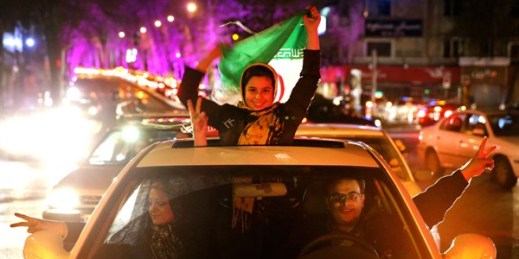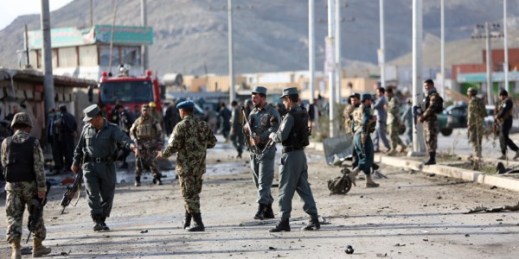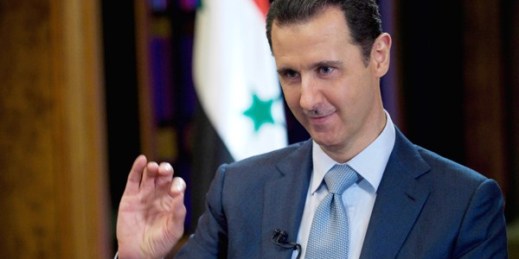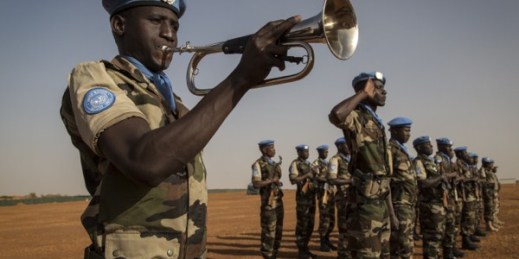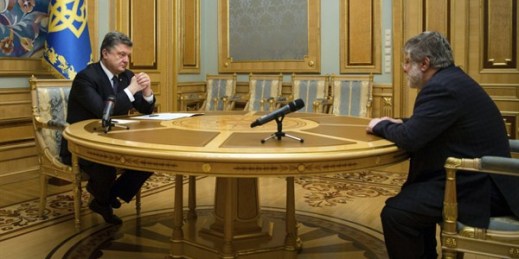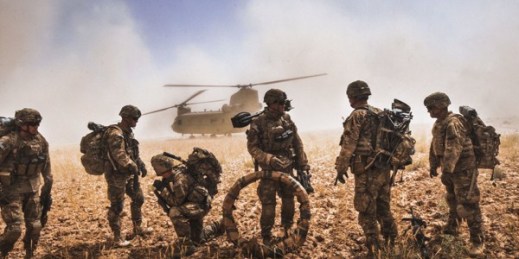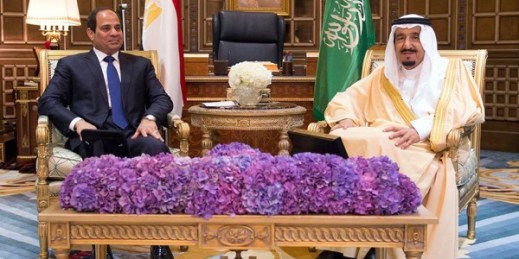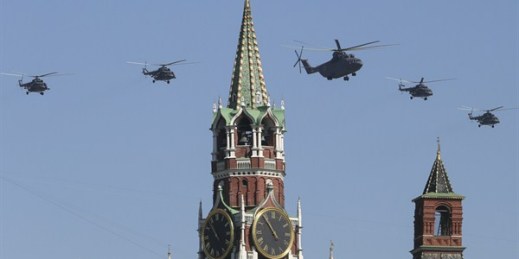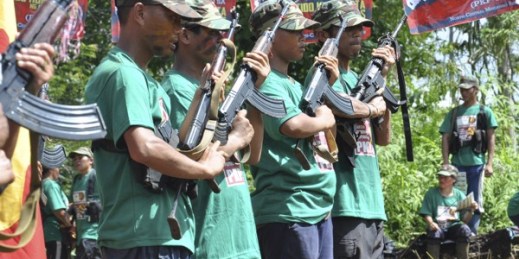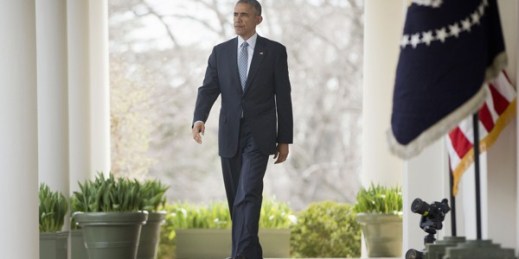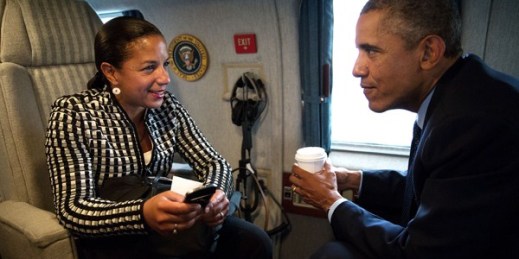
This past weekend, I had the privilege of taking part in the Harvard Extension School’s Crisis Game, a Cold War-era nuclear simulation involving some 30 graduate students and led by my colleague Tom Nichols. What was fascinating to observe was how even the prospect of a theoretical nuclear exchange was still capable of forcing a high degree of seriousness and focus among the participants, as various courses of action were debated and evaluated. Indeed, some of the participants themselves raised the question of whether U.S. national security policy today lacks the gravitas it appeared to have 30 years ago, particularly […]

